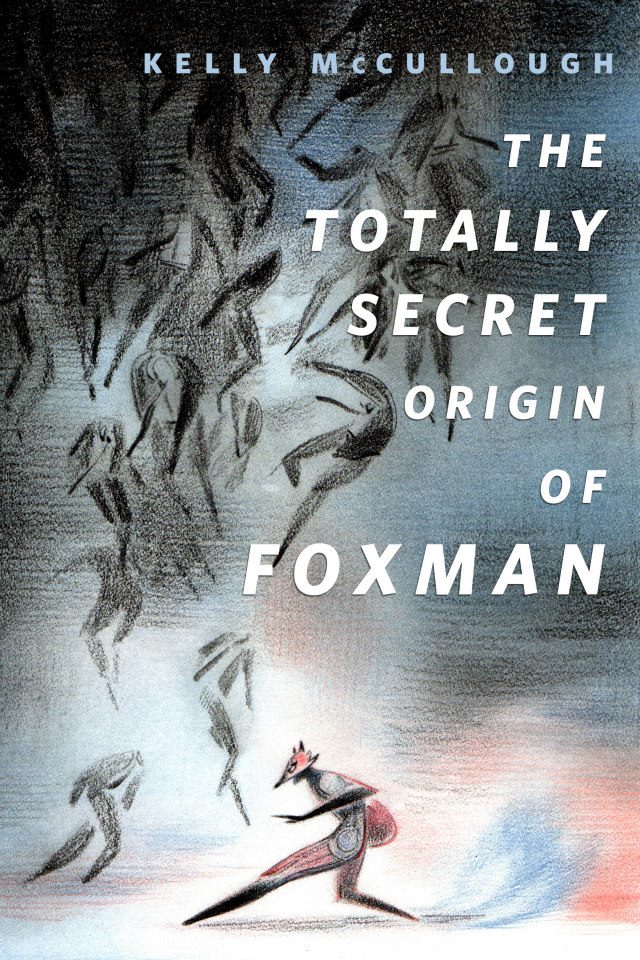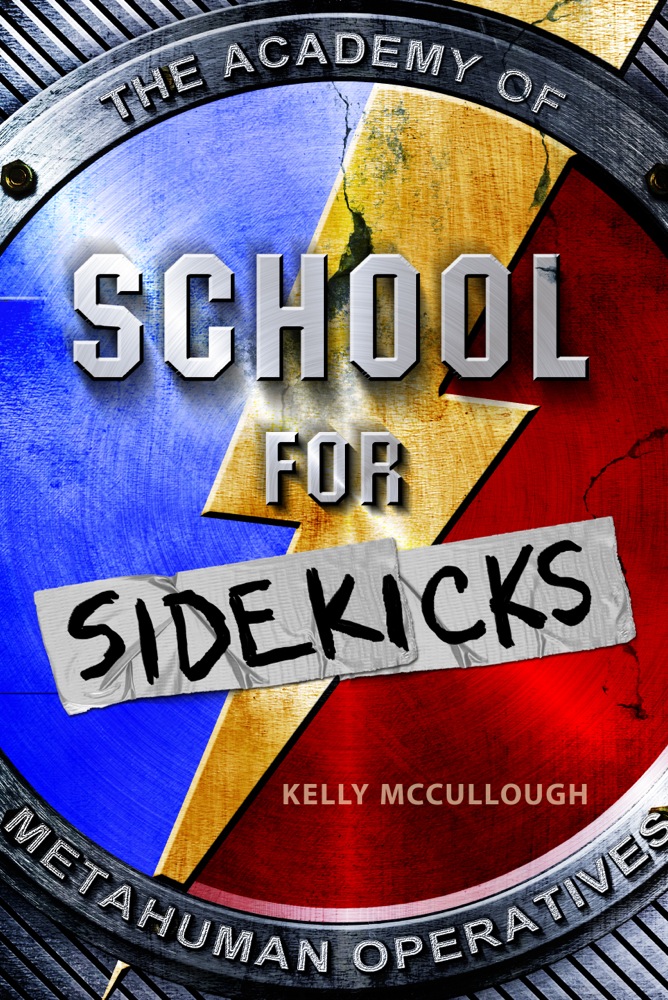Brain: Ooh ooh ooh!
Me: What? It’s three in the morning.
Brain: I figured out the whole unicorn thing.
Me: What? The? Hell?
Brain: No, it’s great.
Me: It’s not great, it’s three in the morning.
Brain: No, I’ve got this.
Me: All right, It’s obvious you won’t let me sleep. Tell me.
Brain: *assuming an erudite English accent* It’s the equinox!
Me: …the hell.
Brain: *in accent* You see, the mistake is easy. Vernal instead of virginal. Right?
Me: *blinking* Not sure where you’re going with this…
Brain: *in accent* And equinox. Equi meaning center and nox…well, it doesn’t mean horn, but it sounds like ox and oxes have horns. Easy mistake.
Me: *in accent* First, it’s oxen…oh gods, now I’m doing it.
Brain: *in accent* See! It makes perfect sense. Vernal equinox and virginal unicorns.
Me: Go back to sleep, brain.
Brain: *drops accent* Not till we tell Laura, she’s going to want to hear this.
Me: Not at three in the morning.
Brain: Sure she will.
Me: I may not be _good_ at self preservation but I’m pretty sure on this one.
Brain: *pouts*
Me: *sigh* All right, I promise I’ll jot it all down and we can tell her first thing in the morning.
Brain:
Me: Brain?
Brain:
Me: You’re asleep already aren’t you?
Brain: *snores*
Me: Fucker.
Addendum from a few hours later with Laura.
Me: *sighs* My fucking brain.
Her: That’d be a good autobiography title for you.
Me: O.o
Her: *chuckles*


